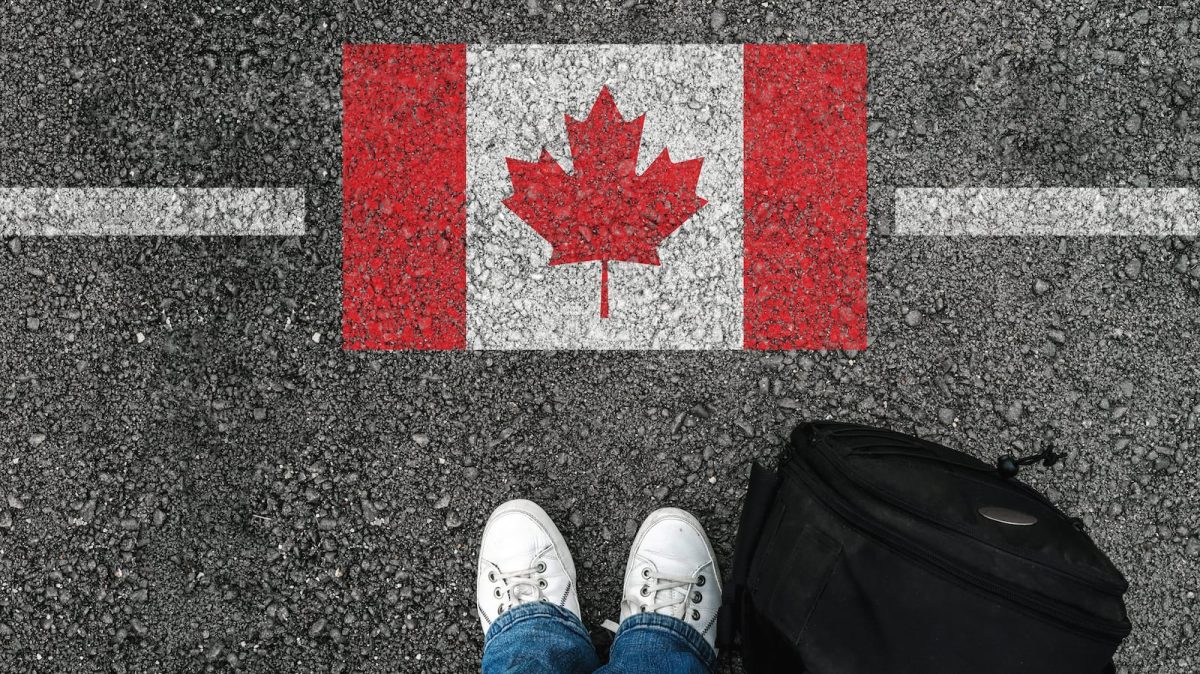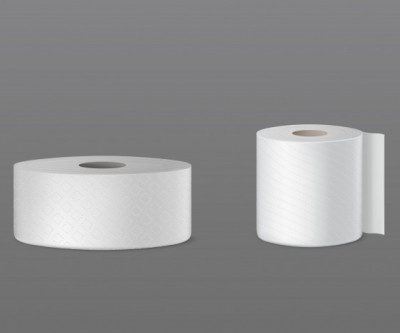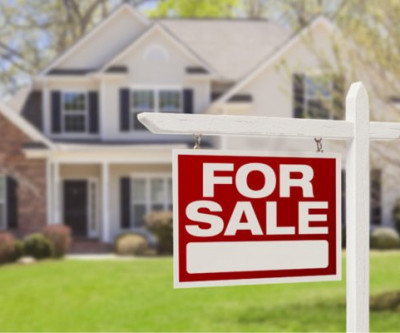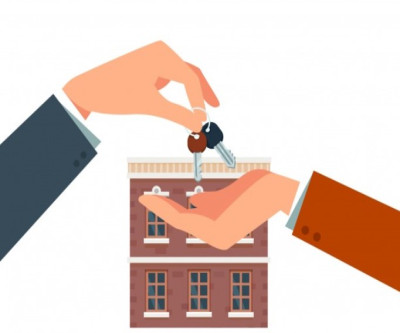Latest Ads
-
Jasmine Jewel
Call
-
Omidan group
Call
-
Amir Madanpour
Call
-
Dimo studio
Call
-
Yorkacademy
Call
-
Maryambagheri
Call
-
Shishlix Restaurant
Call

Canadians reclaim Maple Leaf flag amid Trump threats
As Canada celebrates another birthday, a subtle but significant shift in patriotism is taking shape in the country — one that experts say reflects not just national pride but also complexity, criticism and even a kind of quiet resistance.
Recent political statements from across the border, including former U.S. President Donald Trump’s call to annex Canada, have sparked a backlash among Canadians. More flags are flying in cities, more domestic goods are being bought, and some are reconsidering trips to the United States.
“We’ve definitely seen a rise in patriotism; and it’s a defensive nationalism… that’s been formed in response to a threat to Canada from a country that we’ve considered a close ally for decades,” Matthew Headey, a professor and chair of the history department at the University of Guelph, told CTVNews.ca in an email.
For Bradley Miller, an associate professor at the University of British Columbia, the recent upsurge is not simply a response to external pressure.
“You have to see it in the context of the national psyche of Canadians over the past few years,” he says.
Miller lists a list of issues that have tarnished national pride in recent years: from the fallout from the Truth and Reconciliation Commission to reports of unmarked graves at boarding schools, the housing crisis, and disagreements over COVID-19 policies and federal leadership.
“Perhaps you could say that what we’re seeing now is both a new wave of patriotism and a kind of realism about the country. We’re starting to emerge from the ambivalence that we’ve been in for at least five years, although it’s unclear how long that will last.”
Reclaiming the Flag
One clear sign of this change is the return of the Maple Leaf flag to the mainstream. Once seen as a symbol of right-wing groups, particularly during the Freedom Rides, it is now popular again among a wider range of Canadians.
“It seems like the Canadian flag has become a symbol for ordinary people again,” says Heday. “It’s no longer a case of someone flying it and assuming they’re right-wing.”
He adds that the impact of this space is not limited to symbols, but has also affected people’s purchasing behavior, travel destinations, and the way they express their patriotism in everyday life.
Voluntary patriotism
Miller also emphasizes that nationalism in Canada has always been quiet, pragmatic, and voluntary compared to other countries.
“Many Canadians are fiercely proud of their country, without wearing any maple leafs or even having a flag on their porch,” he says.
He notes that even at the time of Canadian Confederation in 1867, there was a lot of opposition; provinces like New Brunswick and Nova Scotia elected anti-Confederation governments, and provinces like British Columbia and Prince Edward Island joined Confederation when they had no choice. Some, especially Indigenous Canadians, simply didn’t see themselves as part of the country.
“Our regional identities are often stronger than our national identities,” says Miller. “Canadians choose how much they want to celebrate their country — or not at all. I think that freedom of choice is one of Canada’s strengths.”
A time for reflection and celebration
In recent years, there have been calls to scrap Canada Day celebrations, particularly in the wake of revelations about the treatment of Indigenous people in residential schools. But Heday says the criticism is less pronounced this year.
“I think this year there’s not as much criticism,” he says, “maybe because so many Canadians want to celebrate their country.”
Still, Heday believes Canada Day is still a time for reflection and celebration.
“There are parts of Canada’s history and where it is today that are worth celebrating, but there are also problems,” he says. “Not all people in this country have had positive experiences living here — especially Indigenous people.”
Source
Suggested Content
Latest Blog
Login first to rate.
Express your opinion
Login first to submit a comment.
No comments yet.


































